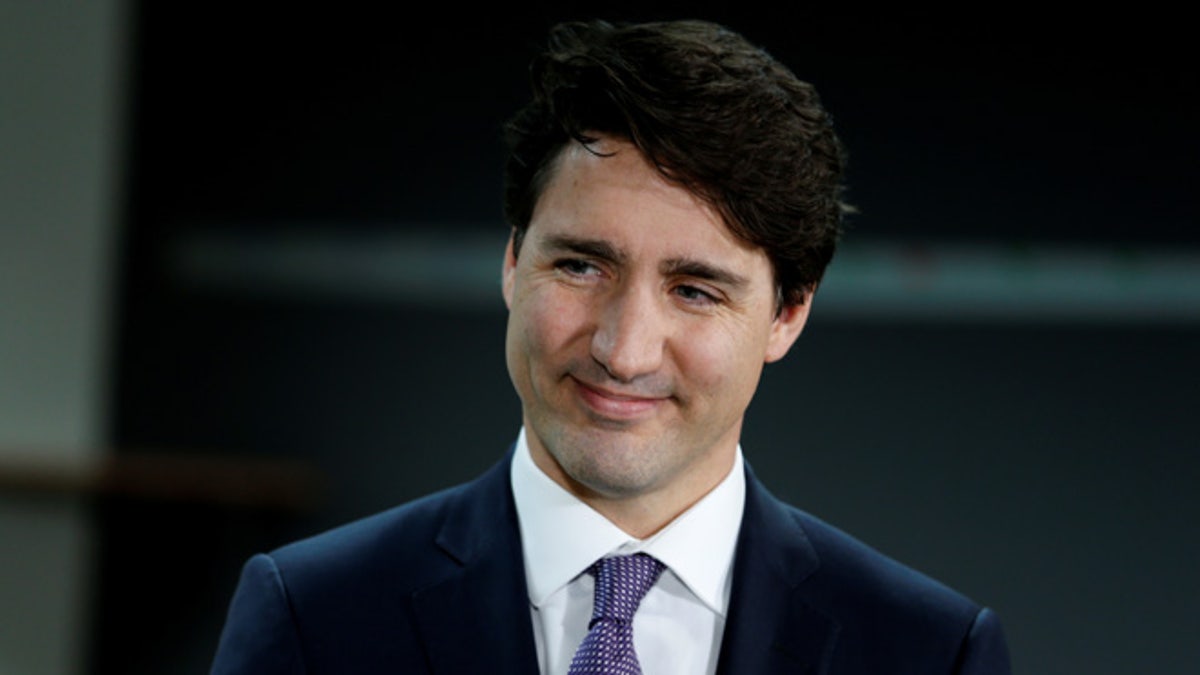
After decades of being one of the top travel destinations in the world, experts warn that could soon change as foreign interest in U.S. vacations have been dampened by anti-immigration rhetoric and confusing travel bans. (Reuters)
Canada is beating the United States to the top of Mexicans’ bucket lists, with America’s neighbor to the north becoming a popular destination as interest wanes among foreign tourists to come stateside.
After decades of being one of the top travel destinations in the world, the United States could soon lose some of its appeal for foreign tourists. Industry experts attribute such a decline to talk of tougher immigration policies, and confusing travel and electronics bans, according to Forbes Magazine.
The lack of interest is particularly strong among tourists from Mexico. Industry experts are predicting 7 percent fewer visits from south of the border, which could lead to a $1.6 billion loss in direct economic spending by 2018.
The same study finds that direct spending by travelers totals $2.6 billion per day and that one in nine jobs in the U.S. relies directly on the travel sector.
"We have Twitter wars with our President and former President of Mexico,” Douglas Quimby, from travel research firm Phocuswright, said to Forbes. “There is lots of speculation in the media about a trade war with Mexico."
"If that happens, what kind of impact does that have on millions of middle-class Mexicans looking to take a trip?"
At the same time, Canada has made it easier for Mexicans to visit since Prime Minister Justin Trudeau announced visa-free travel for vacation-goers from the country last June.
"This move will make it easier for our Mexican friends to visit Canada while growing our local economies and strengthening our communities," Trudeau said at the time to the Canadian press.
Since the ruling took effect in December, tourism from Mexico to Canada has skyrocketed by 82 percent, according to ForwardKeys, an industry firm that predicts travel trends.
Mexico is America’s second-largest inbound tourism market, accounting for nearly 19 million visits in 2015, according to a report from The Economist. There’s also concern among the industry that the recent travel ban and other decrees by the White House could be perceived by travelers elsewhere as a deep hostility from the United States toward the rest of the world.

Since Canadian Prime Minister Justin Trudeau announced visa-free travel for travelers from Mexico last year, tourism from Mexico to Canada has skyrocketed with an 82% increase. (Reuters/Christine Muschi)
“It is too soon to tell if this will have a larger reputational impact,” Quimby said to the newsweekly. A recent survey of Europeans by his firm in November found that a third of German travelers, and a fifth of British and French vacationers, said they were less likely to visit America as a result of President Trump’s victory.
Following Trump signing the executive order for the travel ban in late January, interest among Europeans to vacation in America dropped nearly 12 percent, according to another report from Forbes.
Other insiders say it may be too soon to tell if the executive order has had any sort of impact on international travel to the U.S.
"It’s important to remember that there is a significant lag time between searches for international trips and when they’re actually booked, and then another lag between bookings and the actual trip -- typically a matter of months,” David Huether, senior vice president of research for the U.S. Travel Association said in a statement to Fox News. “There’s a lot of data out there purporting to show a drop in international travel to the U.S. because of President Trump’s executive order, but the reality is we do not have a definitive data picture of the order’s impact yet."
Huether points out that data from February of this year shows that international travel to the U.S. actually grew faster than domestic travel that month.
Liligo, a Paris-based flight comparison site, reported an 11.6 percent decline in European searches to the United States in the weeks following the executive order.
The study looked at searches from Jan. 1 – Feb. 8 and compared them with data from the previous year. Italy saw the greatest decline, with a 17 percent decrease, while interest from Germany dropped 14 percent.
“Historically, it should be a peak period,” Liligo’s Eric Urbain said to the business news site.
“We do see a very clear negative trend line.”

